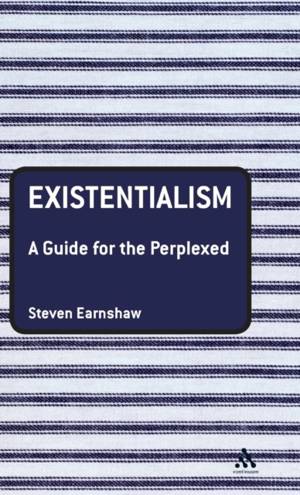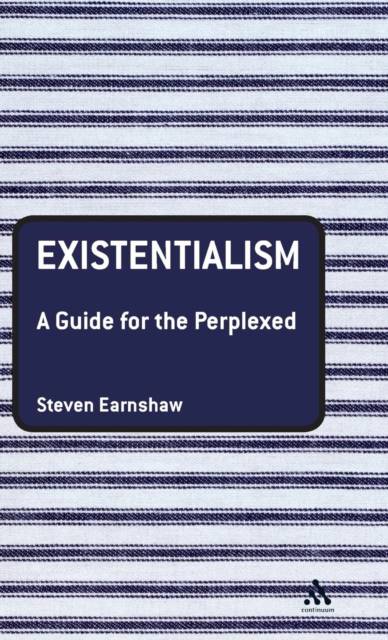
- Afhalen na 1 uur in een winkel met voorraad
- Gratis thuislevering in België vanaf € 30
- Ruim aanbod met 7 miljoen producten
- Afhalen na 1 uur in een winkel met voorraad
- Gratis thuislevering in België vanaf € 30
- Ruim aanbod met 7 miljoen producten
Zoeken
Omschrijving
Existentialism is often studied by students with little or no background in philosophy; either as an introduction to the idea of studying philosophy or as part of a literary course. Although it is often an attractive topic for students interested in thinking about questions of 'self' or 'being', it also requires them to study difficult thinkers and texts. This Guide for the Perplexed begins with the question of 'What is Existentialism?' and then moves on to provide a brief analysis of the key thinkers, writers and texts - both philosophical and literary - central to existentialism. Chapters focus particularly on Kierkegaard, Heidegger, Sartre and Camus but also discuss other philosophers and writers such as Nietzsche, Dostoevsky and Kafka. The second section of the Guide introduces key topics associated with existentialist thought; Self, Consciousness, the question of God and Commitment. Each chapter explains the concepts and debates and provides guidance on reading and analysing the philosophical and literary texts addressed, focusing throughout on clarifying the areas students find most difficult
Specificaties
Betrokkenen
- Auteur(s):
- Uitgeverij:
Inhoud
- Aantal bladzijden:
- 208
- Taal:
- Engels
- Reeks:
Eigenschappen
- Productcode (EAN):
- 9780826485298
- Verschijningsdatum:
- 7/01/2007
- Uitvoering:
- Hardcover
- Formaat:
- Ongenaaid / garenloos gebonden
- Afmetingen:
- 146 mm x 219 mm
- Gewicht:
- 349 g

Alleen bij Standaard Boekhandel
+ 508 punten op je klantenkaart van Standaard Boekhandel
Beoordelingen
We publiceren alleen reviews die voldoen aan de voorwaarden voor reviews. Bekijk onze voorwaarden voor reviews.








